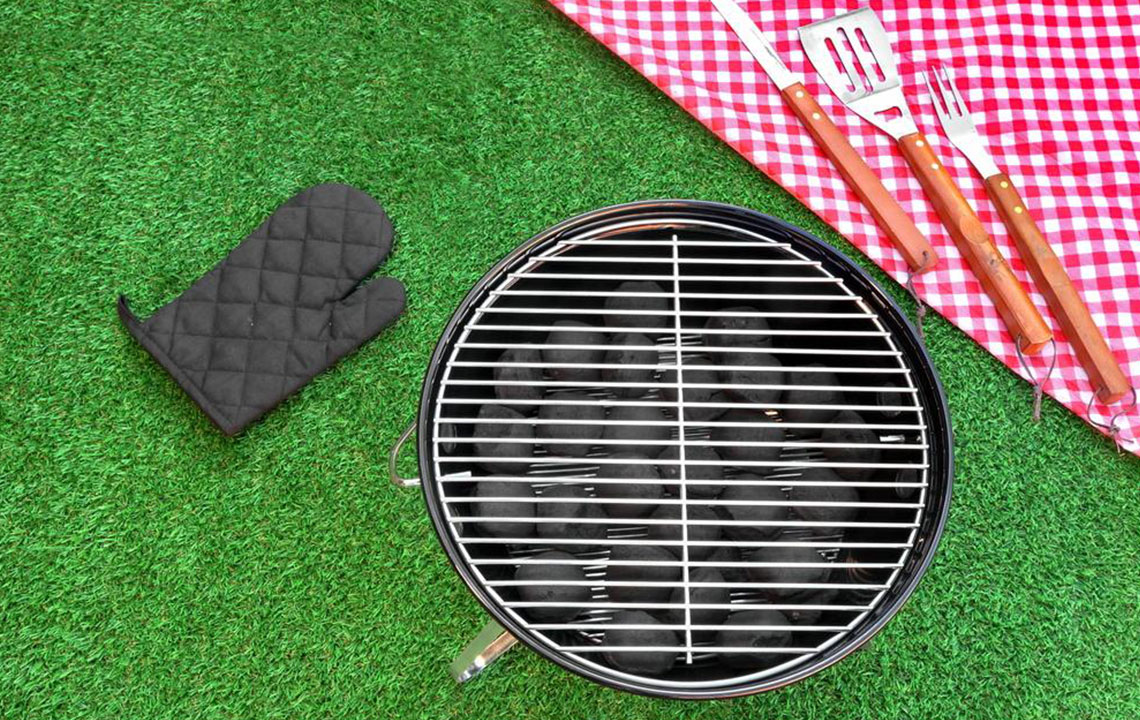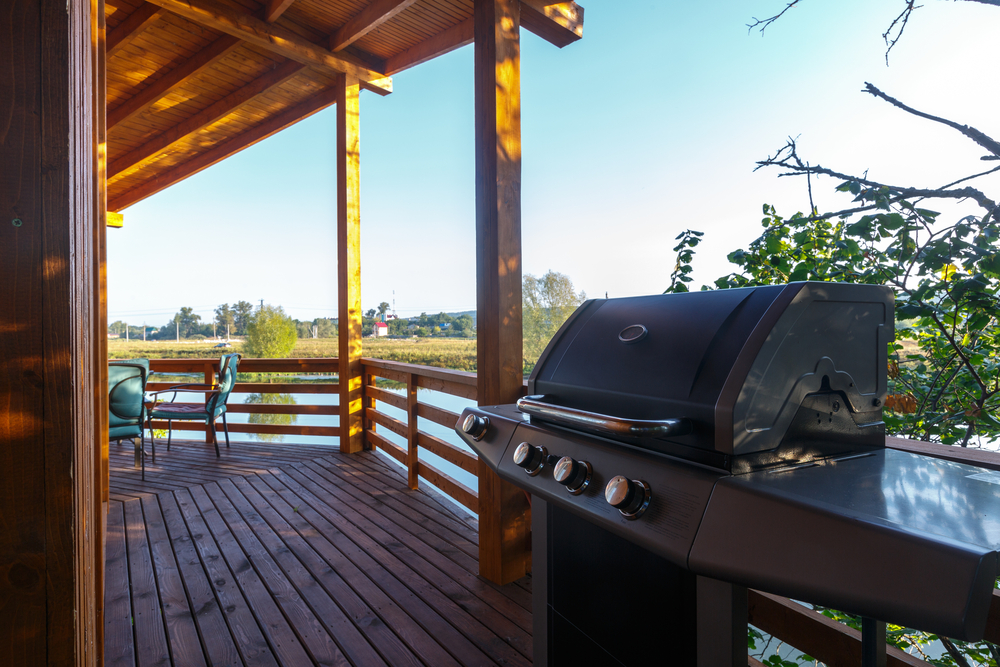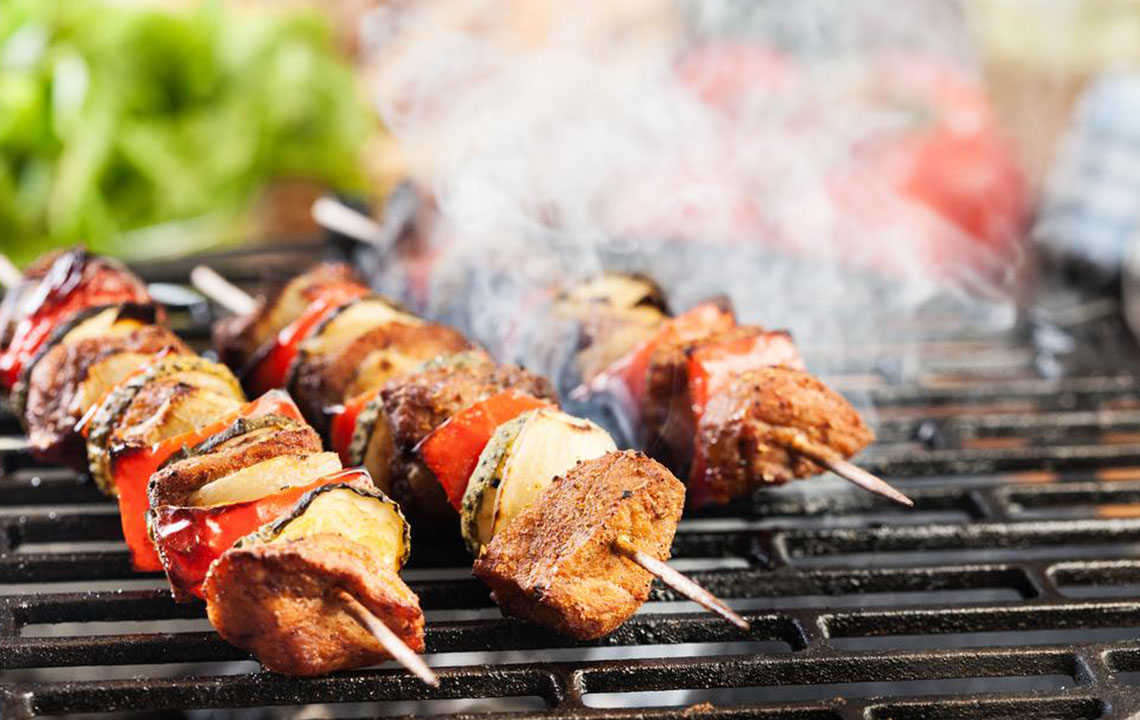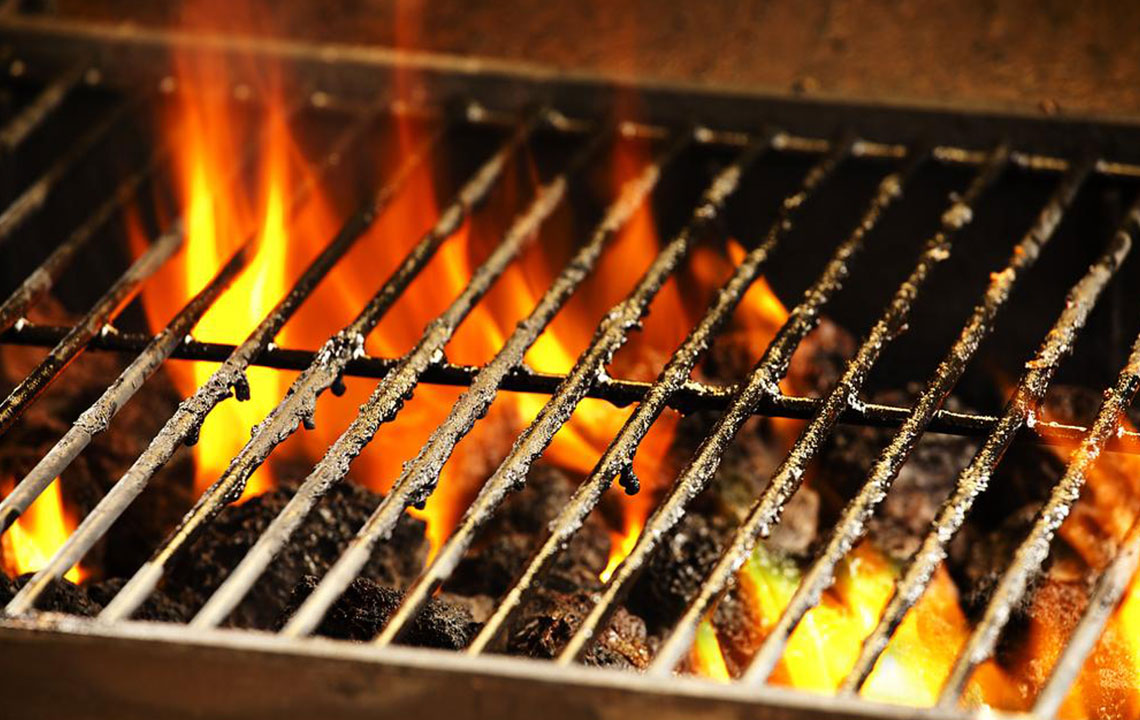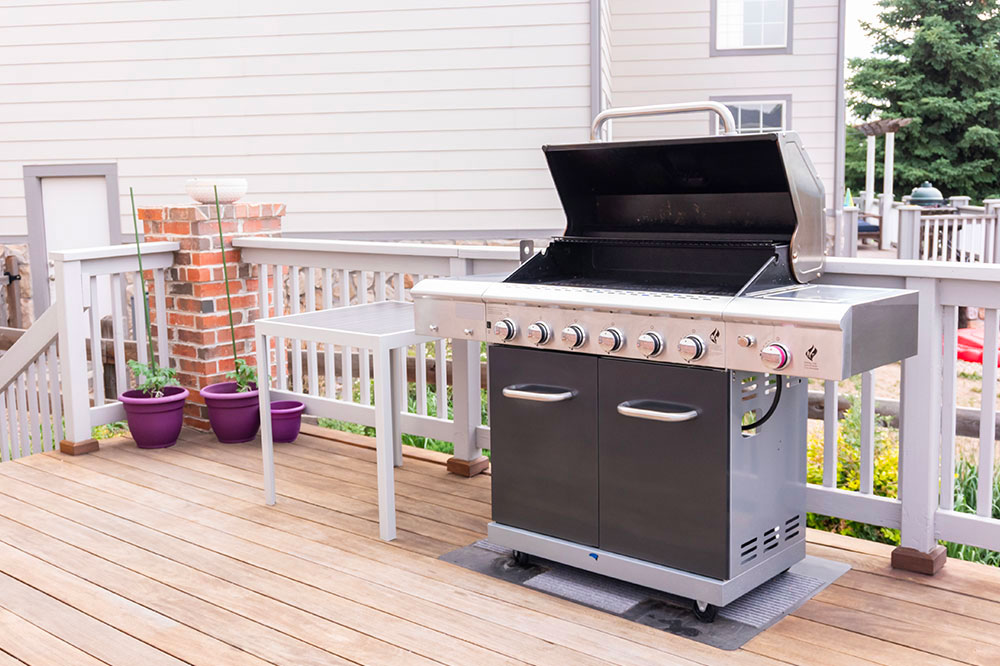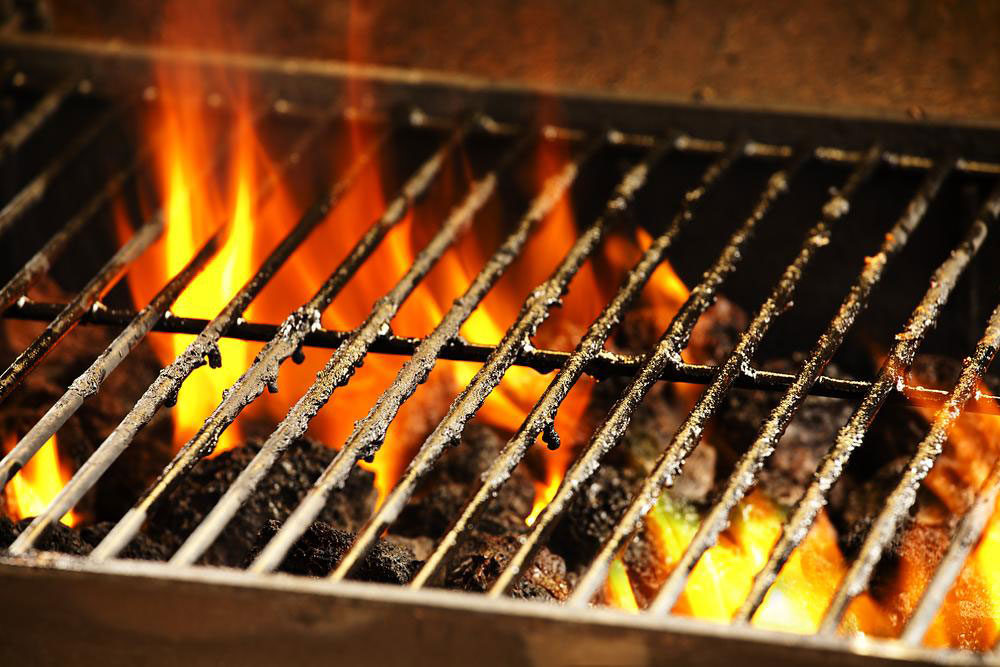Comprehensive Guide to Avoiding Common Mistakes When Using a Gas Grill
Discover essential tips to improve your gas grilling skills and avoid common mistakes. Learn about proper heat settings, preheating, vent maintenance, and maintenance practices to ensure safe, efficient, and delicious grilling. This comprehensive guide helps both beginners and seasoned grillers optimize their outdoor cooking experience, enhance flavor, and prolong the lifespan of their gas grills for many memorable cookouts.
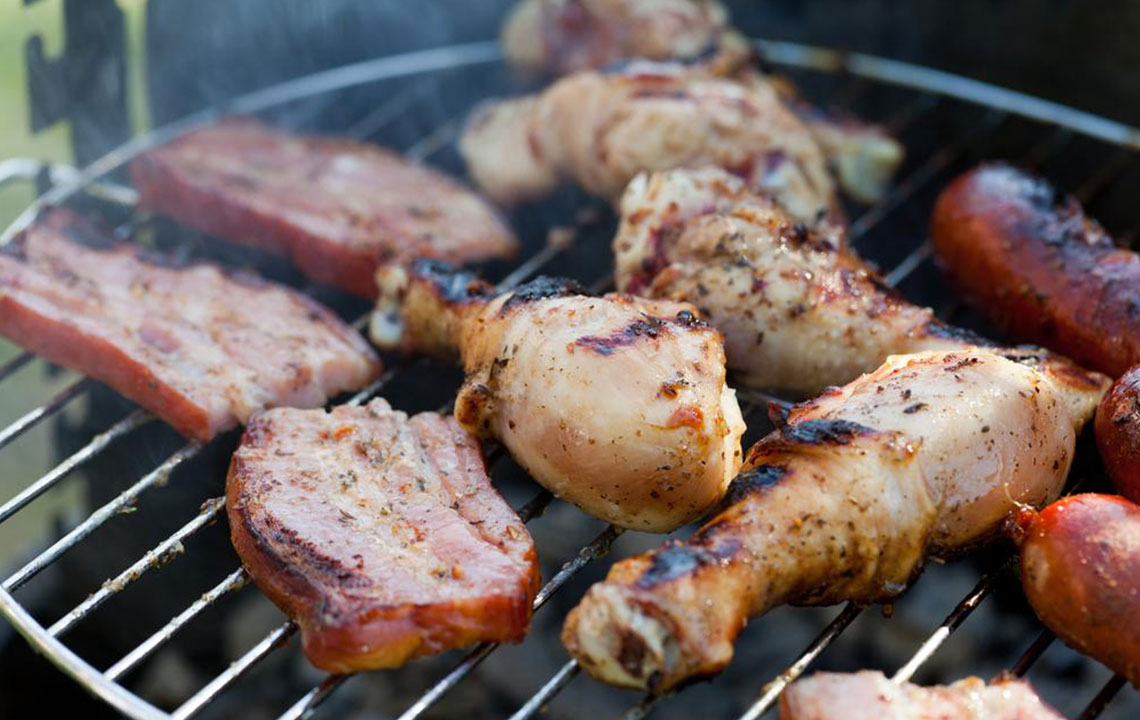
Comprehensive Guide to Avoiding Common Mistakes When Using a Gas Grill
Owning a premium gas grill opens up a world of culinary possibilities right in your backyard. Whether you're grilling juicy hamburgers, flavorful sausages, or tender chicken breasts, maximizing your grilling experience involves understanding and avoiding some typical pitfalls. With proper knowledge and care, you can ensure your grill performs optimally, delivers delicious results, and lasts for many years. This guide provides you with essential tips and detailed insights into common errors that many grill enthusiasts make and how to prevent them for the best grilling experience possible.
Incorrect Heat Settings
One of the most critical aspects of successful grilling is setting the correct temperature. Achieving the right heat level helps cook your food evenly and prevents burning or undercooking. Many beginner grillers tend to set the burners too high, which can cause food to char on the outside while remaining raw inside. Conversely, too low heat may lead to food drying out or not cooking through properly. To avoid these issues, familiarize yourself with your grill’s heat controls. Use a grill thermometer to monitor the actual temperature and adjust the burners accordingly. For most foods, medium heat (around 350-400°F) is ideal. High heat is suitable for searing, while low heat works for slow-cooking or delicate items. Consistently managing heat levels ensures perfectly cooked dishes and enhances flavor development.
Skipping Preheating
Preheating your gas grill is a step that many tend to overlook, but it’s vital for achieving optimal grilling results. Typically, preheat the grill with the lid closed for about 10 minutes. This allows the grill to reach a uniform temperature, ensuring better searing, grill marks, and enhanced flavors. Placing food on a cold or non-preheated grill can result in sticking, uneven cooking, and less appealing char marks. Preheating also helps in killing any residual bacteria and prepares the grates for easy food release. Remember, a properly preheated grill is the foundation of a successful cookout.
Neglecting Vent Maintenance
Maintaining proper airflow is essential for regulating your grill’s temperature. Vents control oxygen flow, which directly affects the heat levels and combustion efficiency. Regularly inspect and clean the vents to prevent blockages caused by grease, dirt, or rust. Proper ventilation not only enhances heat control but also improves fuel efficiency and prolongs your grill’s lifespan. Adjust the vents during cooking to fine-tune the temperature, whether increasing heat by opening vents or lowering it by partially closing them. Good ventilation practices contribute significantly to consistent cooking results and overall grill safety.
Additional Tips for Effective Gas Grilling
Beyond these common mistakes, several other best practices can elevate your grilling game. Always clean your grill grates before and after use to prevent flare-ups and build-up of residues. Use appropriate tools like long-handled spatulas and tongs to handle food safely. Keep a spray bottle of water handy for flare-up control. Monitor food closely to avoid overcooking, and use a meat thermometer for precise doneness. Additionally, ensure your propane tank is checked regularly for leaks and secure connections. Proper storage of the propane tank in a well-ventilated area is also crucial for safety. Incorporating these practices not only improves the quality of your grilled dishes but also ensures a safe and efficient grilling environment.
In conclusion, becoming a skilled griller involves understanding the importance of temperature control, preheating, proper ventilation, and maintenance. By avoiding common mistakes and practicing these essential tips, you’ll enhance your grilling skills, produce better-tasting food, and extend your grill’s lifespan. Whether you're a beginner or an experienced chef, adhering to these guidelines guarantees a more enjoyable and successful outdoor cooking experience. Get ready to impress your family and friends with perfectly cooked, flavorful grilled favorites every time!
